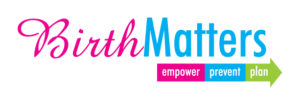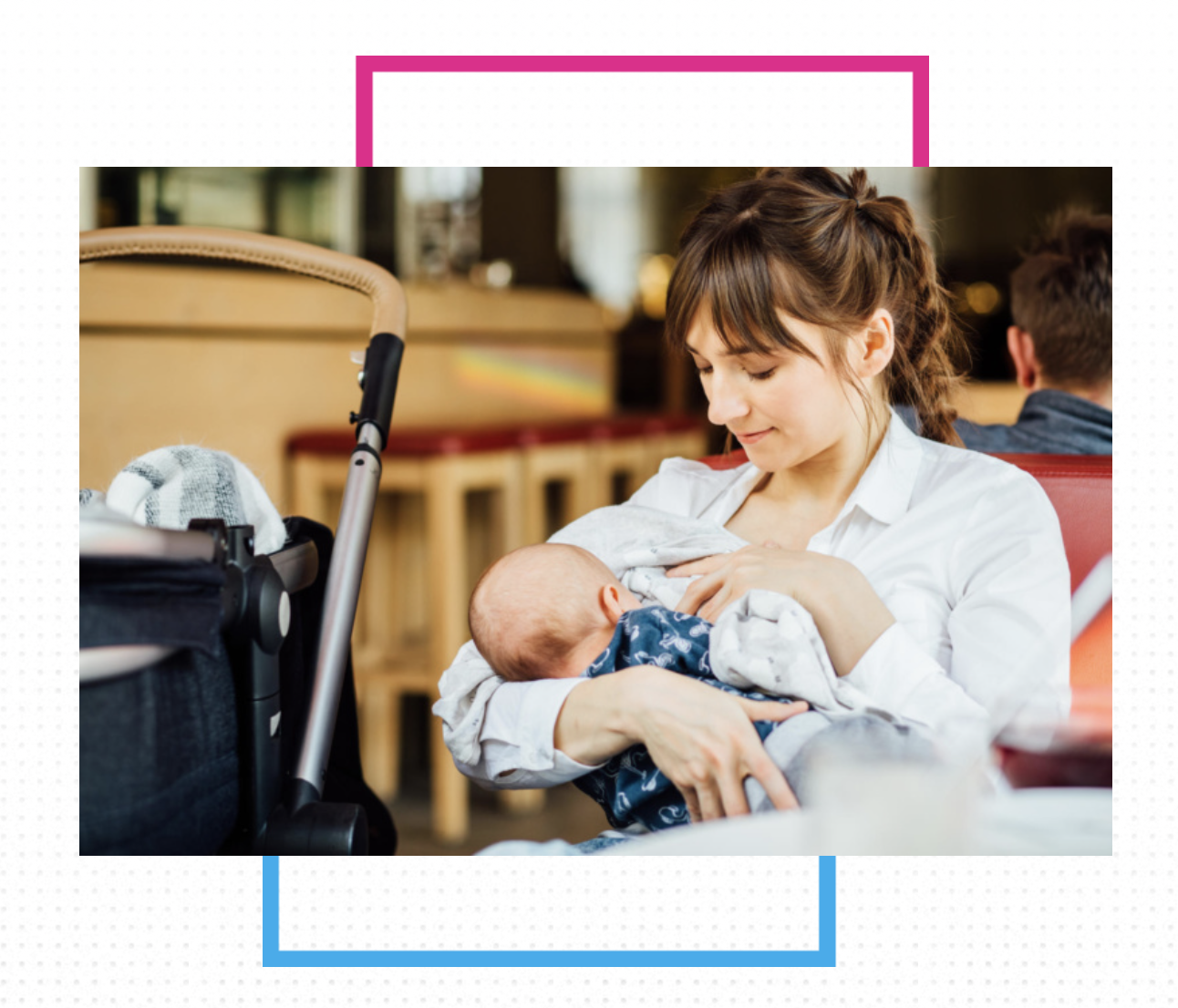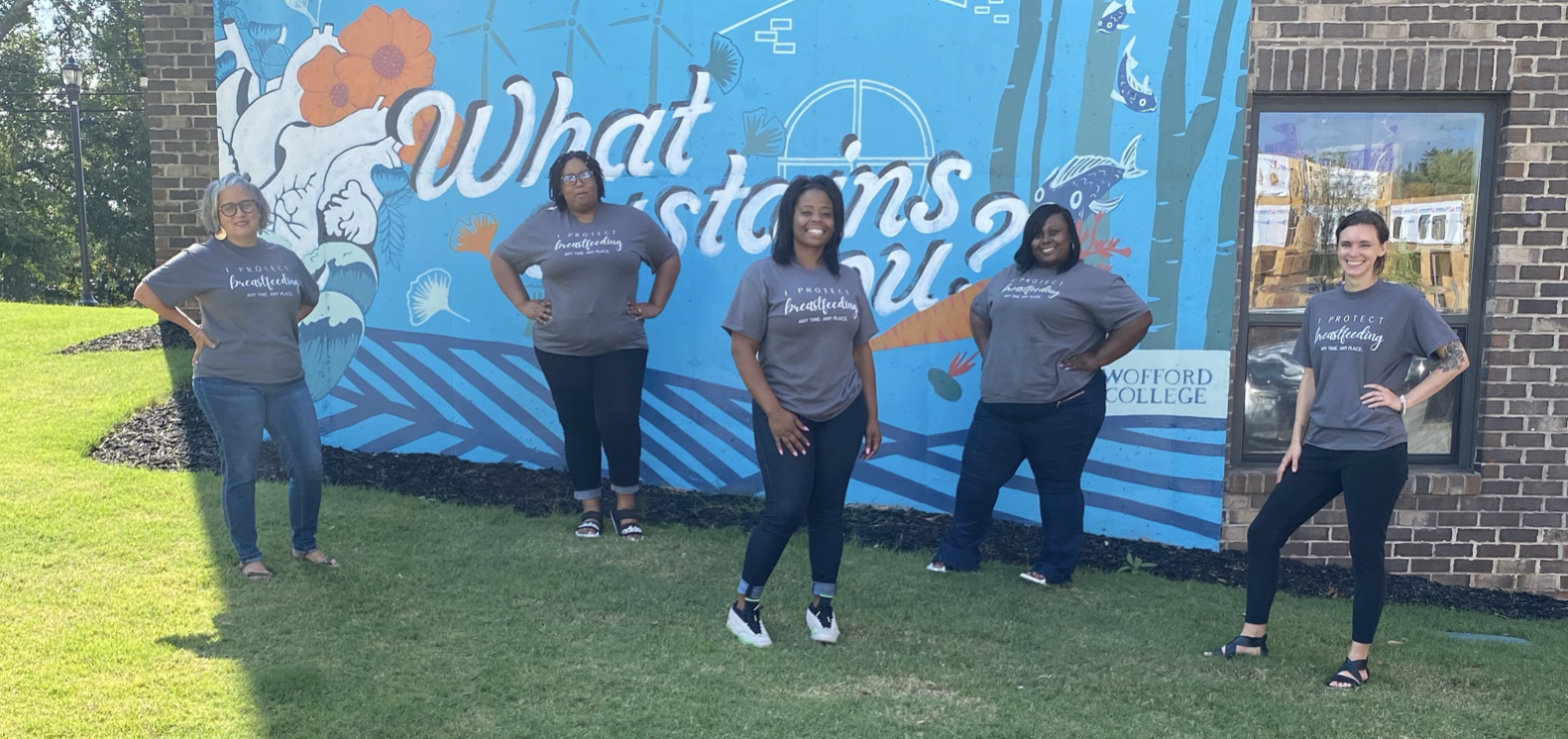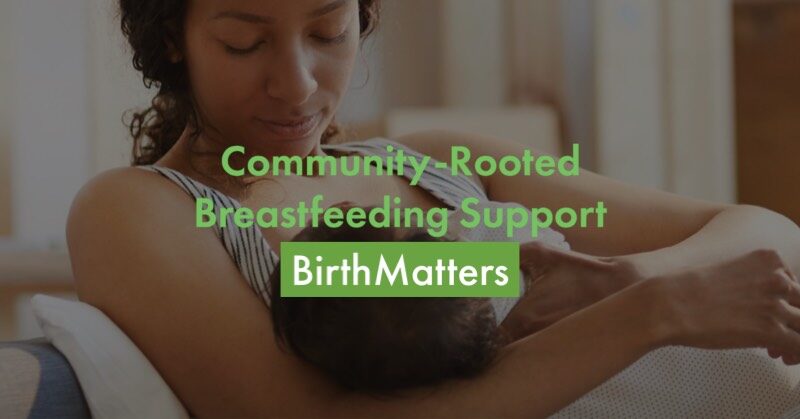Addressing Health Inequalities through Community-Rooted Breastfeeding Support
August is National Breastfeeding Month, an opportunity to recognize efforts to raise awareness, support, and protect what is considered the foundation for life-long health and wellness.

Supporting breastfeeding
Supporting breastfeeding, otherwise known as human milk feeding and the most developmentally appropriate infant nourishment, is essential to ensuring critical food security and immunologic protection for South Carolina’s youngest people.
There are other well-documented health, economic, and environmental benefits that breastfeeding provides both the mother and baby.
The World Health Organization and the American Academy of Pediatrics recommend exclusive breastfeeding for the first six months of life and continued breastfeeding for two years or beyond. The protection of breastfeeding is, therefore, a public health issue.
Yet, many barriers exist to human milk feeding for most mothers in modern American society, including the lack of knowledge about breastfeeding, breastfeeding not being the social norm in many communities and embarrassment about feeding in public, lack of family and social support, lactation problems, challenges when returning to work and accessing supportive childcare, the misconception that formula is equivalent and its promotion and marketing.
Many mothers may not ever hear information about breastfeeding to be able to make a well-informed decision about how to feed their infants.
Even if we could assume that mothers did receive education about the myriad benefits and practical information about the establishment of breastfeeding (in their preferred language and a culturally sensitive manner), to many mothers, choosing to breastfeed could seem like an impossible goal without practical, continuous support from professionals, family members and their community.

Breastfeeding in Decline in SC
We see this reflected in the suboptimal breastfeeding initiation rates and substantial declines in continued and exclusive breastfeeding in South Carolina and nationwide.
The Centers for Disease Control and Prevention compile and analyze data regarding breastfeeding rates and report that among infants born in South Carolina in 2018, 22.7% were never breastfed.
Only 23.6% were exclusively breastfed at six months, and at one year, only 29.1% of infants were being breastfed, albeit not exclusively.
It is important to note that racial and ethnic inequities also exist in access to lactation support throughout the country.
According to national statistics from the CDC in 2018, at six months, 28.8% of non-Hispanic White infants were exclusively breastfed, compared to 23.3% of Hispanic infants and 19.8% of non-Hispanic Black infants.
These disparities are associated with adverse health outcomes.
Protect Breastfeeding
The protection of breastfeeding is a shared responsibility. It will be important to take on this issue collectively with the engagement of community members and organizations and with the support of foundations, such as the Mary Black Foundation, to galvanize action to promote and improve health and wellness and reduce health inequities in Spartanburg County.
According to HealthConnect One,
“breastfeeding intention is an important predictor of breastfeeding initiation and duration as well as a measure of exclusive breastfeeding.”
Culturally respectful education and support surrounding breastfeeding should be easily accessed during pregnancy and at the time of birth. These resources should continue to be available during the postpartum period and for the duration of the breastfeeding relationship.
We have seen that even though families intend to breastfeed, they often lack the support to continue. Access to community-based doulas and community-rooted peer counselors becomes essential because of the relationships and trust their distinctive roles enable them to develop with birthing people in the communities they serve. They are in a unique position to provide the education and support needed to promote breastfeeding duration successfully when other systems in place are unsuccessful.

BirthMatters
At BirthMatters, birthing families often report spending more time with their community doula than their healthcare provider during and after pregnancy.
Moreover, because community-based doulas are from the communities they serve, they tend to share similar lived experiences and understand the community’s cultural values.
This gives them unique insight and rapport that allows them to provide culturally congruent support and education to birthing families during pregnancy, which includes breastfeeding education and resources.
In addition, BirthMatters community-based doulas provide physical and emotional support during the birth, immediately after the birth, and continue to deliver care in the postpartum period.
This care includes continued breastfeeding support, encouragement, and problem-solving. In essence, community-based doulas are community members trained in childbirth and lactation and whose services are easily accessed by other community members, generally for more time than different types of professionals.
They are even seen as more approachable.
This is how a community breaks down barriers to breastfeeding support and it is reflected in the numbers.
In 2019, 95% of the birthing people served by BirthMatters, a population of mostly Black mothers who were 24 years of age or under and qualified for Medicaid, had initiated breastfeeding. At three months, 68% of these mothers were still breastfeeding and 55% continued at six months.
Community-based doulas are equipped to help breastfeeding families feel empowered to continue when systemic and cultural barriers interfere with breastfeeding intentions.
The vision and hope at BirthMatters are that we continue to expand access to this community-rooted support across South Carolina to address the health inequities that our communities face for a healthier and more equitable future.
Learn More
For more information about BirthMatters, please visit BirthMatters.org and follow us on Instagram, Facebook and Twitter.
Written by: Chelsea Sosa, BirthMatters

